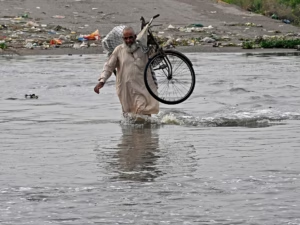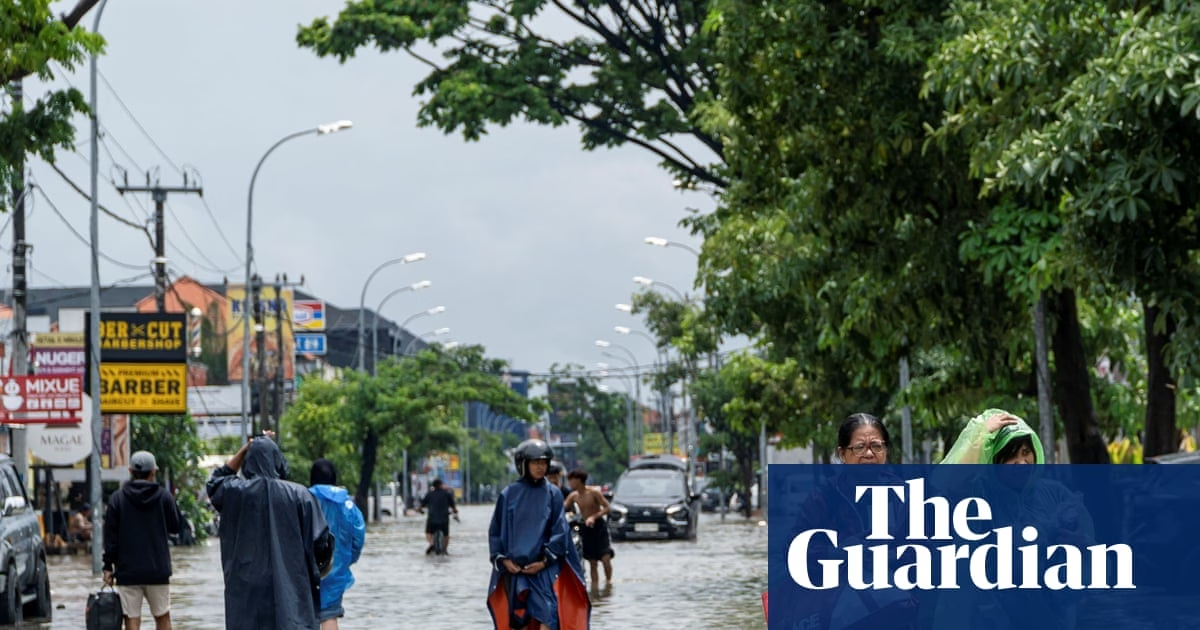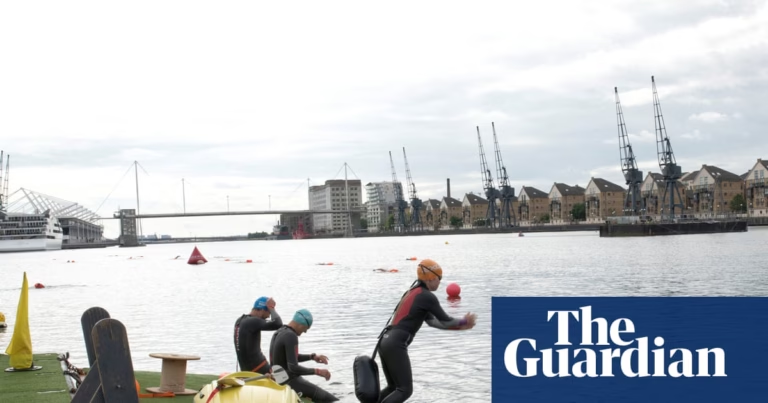A state of emergency was declared in Bali on September 10, marking the island’s most severe flooding in over a decade.
The flooding, triggered by heavy rainfall, caused extensive damage to homes, public facilities, and infrastructure, affecting thousands across Denpasar and its surrounding areas.
Environmental activists have been raising concerns about the negative impacts of mass tourism on Bali, advocating for stricter controls on land conversion to mitigate risks from flooding and other natural disasters.
In response to the floods, Bali’s governor, Wayan Koster, announced new rules prohibiting the issuance of permits for hotels, restaurants, and other facilities on productive land, particularly rice fields.
The land conversion ban aligns with Bali’s 100-year plan, starting from 2025, ensuring no productive land is converted into commercial establishments.
Famous for its lush rice paddies and stunning beaches, Bali has experienced rapid change over the past half-century, with concerns over traffic, pollution, and development.
Although Indonesia previously announced a moratorium on new hotels in 2024 due to overdevelopment concerns, the plan did not materialize. The new bylaws are expected to take effect by the end of 2025.
The move comes after warnings of an extreme rainy season and a worsening waste crisis, which have exacerbated flooding in regions, including Bali.
Flooding is common during Indonesia’s wet season, typically from September to March, but climate change has intensified the rainy season, resulting in heavier rainfall and frequent flash floods.
Indonesia’s environmental minister, Hanif Faisal Nurofiq, emphasized the importance of the land conversion ban for Bali’s tourism industry.
Climate breakdown has increased the frequency and intensity of extreme rainfall worldwide, highlighting the need for effective flood defenses and land-use management.





